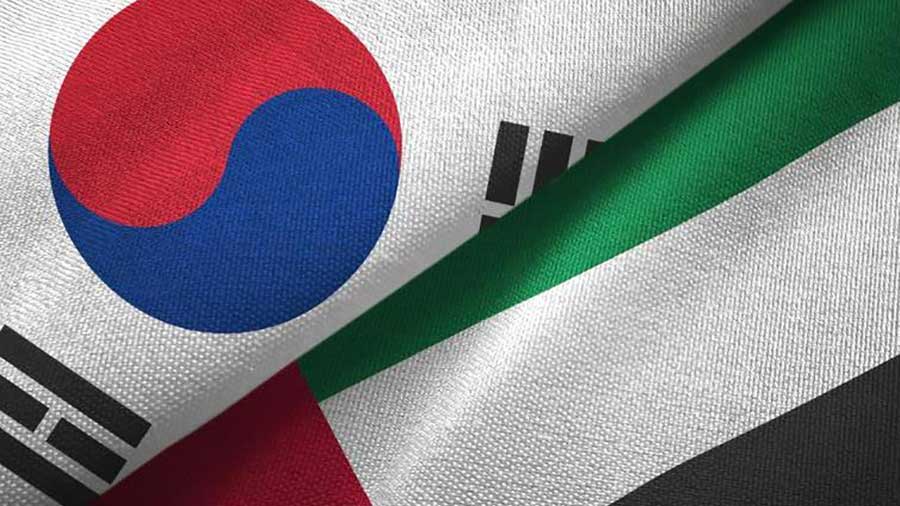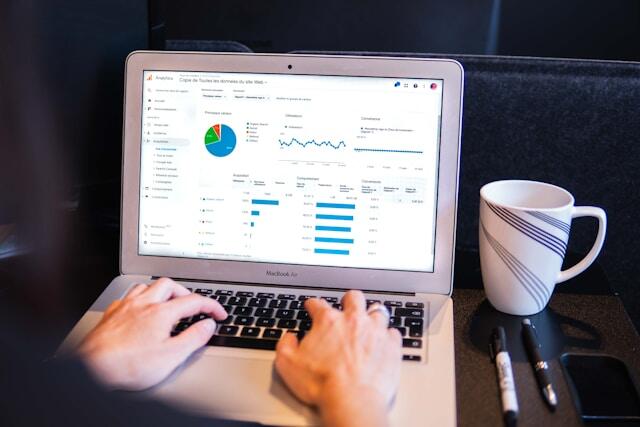Expanding Your Dubai Business into South Korea: Company Formation

Embarking on the journey of expanding your business from Dubai to South Korea opens doors to one of Asia's most dynamic markets. South Korea, renowned for its technological advancements, innovative industries, and strategic positioning, presents immense growth potential for global expansion. This article delves into valuable insights and strategies tailored to help you navigate this dynamic market effectively and unlock the full potential of your company formation.
Portfolio Diversification:
Traditionally, businesses in UAE have heavily relied on oil and gas exports, exposing them to price fluctuations and global economic uncertainties. Diversification, in this context, entails branching out into various sectors and markets to mitigate dependency risks.
Risk Mitigation: Venturing into the Korean market serves as a proactive measure to reduce vulnerability to the cyclical nature of the oil and gas industry. This strategic move shields Dubai businesses from economic downturns and fluctuations in global energy demand, ensuring sustained economic stability.
Capitalizing on Emerging Trends: The Korean market provides opportunities to align with global sustainability and renewable energy trends. By entering Korea's thriving renewable energy sector, Dubai businesses not only support national and global sustainability goals but also attract environmentally-conscious investors and forge strategic partnerships.
Expanding Revenue Streams: Diversification goes beyond oil and gas exports, creating multiple revenue streams. Penetrating Korea's market enables Dubai businesses to tap into new customer bases and diversified income sources, ensuring long-term financial resilience.
Access to New Technologies: Diversifying into Korea's technology sector offers access to cutting-edge innovations and robust research and development capabilities. This move enhances technological competitiveness and fosters collaborations and partnerships, contributing to sustainable growth.
Collaboration in the Energy Sector between Dubai and South Korea:
The energy sector collaboration between Dubai and South Korea exemplifies a mutually advantageous alliance centered on common interests and objectives, particularly in the realms of renewable energy and sustainable development.
Unified Commitment to Renewable Energy: Both UAE and South Korea exhibit resolute commitments to renewable energy and sustainability. Dubai's Energy Strategy 2050 aims to elevate the share of clean energy to 50% of its overall energy composition. Correspondingly, South Korea's Green New Deal accentuates green technology and sustainable initiatives, creating a seamless convergence for collaborative efforts.
Joint Endeavors: Noteworthy instances of collaboration involve UAE's Masdar and South Korea's Kepco (Korea Electric Power Corporation), actively participating in collective ventures in renewable energy, encompassing solar and wind power initiatives across various nations. These endeavors underscore tangible strides toward advancing clean energy solutions through collaborative partnerships.
Investment Prospects: Dubai's successful implementation of large-scale solar initiatives, such as the Mohammed bin Rashid Al Maktoum Solar Park, has attracted attention and investments from South Korean entities. These investments contribute significantly to fortifying economic bonds and fostering technological interchange between the two regions.
Knowledge Transfer: This collaborative partnership facilitates the exchange of valuable knowledge and expertise. South Korea's cutting-edge technology in photovoltaics and energy storage systems finds practical application in Dubai's real-world energy projects, while Dubai, in turn, serves as a testing ground for the application of these technologies.
Global Cooperation: Dubai and South Korea actively engage in global collaboration through platforms like the International Renewable Energy Agency (IRENA). This joint participation underscores their shared dedication to addressing global energy challenges and signifies a harmonious approach to contributing solutions on an international scale.
Entry into the Halal Market for Dubai-Based Companies:
As per Gulf News, Dubai-based companies operating in the food and beverage sector can explore opportunities within the expanding Halal market in Korea. This market is gaining popularity due to the nation's Muslim-friendly policies and initiatives in the realm of tourism.
Expansion of Muslim-Friendly Measures: Dubai has actively pursued strategies to attract Muslim tourists and cater to the needs of Muslim consumers. The implementation of Muslim-friendly policies, such as the provision of prayer rooms and the availability of Halal-certified food options at prominent tourist destinations and airports, underscores the commitment to serving the Muslim population.
Rise in Muslim Tourist Numbers: In recent years, there has been a consistent growth in the number of Muslim tourists visiting Dubai. This upward trend is anticipated to continue, presenting a substantial consumer base for Dubai-based food and beverage enterprises. These tourists actively seek out Halal-certified products, providing a lucrative market for Dubai businesses.
Emphasis on Halal Certification: South Korea's initiatives to capture the Halal market involve the certification of products and establishments as Halal-compliant. This certification process ensures adherence to Islamic principles and meets the dietary requirements of Muslims. Dubai businesses can pursue Halal certification for their products, facilitating effective access to this burgeoning market.
Participation in Global Trade Exhibitions: South Korea takes an active role in international trade shows focused on Halal products. These events serve as valuable platforms for Dubai businesses to exhibit their Halal-certified products and establish connections with distributors and retailers in the Korean market.
Heightened Consumer Awareness: South Korean consumers are increasingly conscious of Halal products and their quality. The surge in demand for Halal-certified food items is notable among both Muslim consumers and those who prioritize products aligning with their ethical preferences.
Robust Consumer Market in Dubai:
With a population exceeding 51 million and a high standard of living, Korea stands as a substantial consumer market. The affluent middle class, characterized by substantial disposable incomes, offers lucrative prospects for various industries, notably in retail and luxury goods (Source: World Bank).
Affluence of the Middle Class: Dubai boasts a significant and affluent middle-class population with considerable purchasing power and a preference for high-quality products. This demographic presents an appealing target market for businesses involved in company formation in Dubai.
Population Density: Dubai's population surpasses 51 million, concentrated in a relatively small geographical area. This density facilitates easy market reach and access to potential customers, particularly in urban areas.
Diverse Consumer Preferences: Consumers in Dubai exhibit diverse tastes and preferences, remaining open to exploring international products. Dubai-based businesses involved in company formation can leverage this diversity by offering a range of goods and services catering to various consumer segments.
Innovations in Retail: Dubai is renowned for its leadership in retail innovation and modern shopping experiences. The city embraces cutting-edge retail technologies such as smart stores and mobile payment solutions, providing opportunities for Dubai businesses to enhance the customer shopping experience.
Fostering Brand Loyalty: Dubai consumers often display strong brand loyalty, presenting a favorable environment for businesses that prioritize product quality. Establishing trust and recognition can lead to enduring customer relationships.
Tourism Influence: Dubai's thriving tourism industry significantly contributes to the vibrancy of its consumer market. Tourists from around the world, including the Middle East, visit Dubai, creating additional avenues for businesses involved in company formation to cater to diverse consumer preferences.
Conclusion
In conclusion, the process of expanding a business from Dubai to South Korea involves navigating a dynamic market with immense growth potential. The comprehensive guide presented here highlights key strategies for portfolio diversification, collaboration in the energy sector, entry into the Halal market, and tapping into the robust consumer market in Dubai. These insights underscore the importance of strategic decision-making and market understanding for successful company formation and sustained business operations in South Korea.
Pearson & Partners, a consulting firm specializing in aiding expansion into Korea, provides essential services in incorporation and tax accounting. With expertise in the intricacies of the Korean market, Pearson & Partners ensures a thorough understanding of regulatory frameworks, facilitating seamless compliance. Contact us for comprehensive support tailored to navigating the intricate market landscape of South Korea and ensuring a successful entry into the dynamic business environment.
.png?width=1656&height=121&name=rsz_%EB%A1%9C%EA%B3%A0%ED%88%AC%EB%AA%85%20(8).png)

